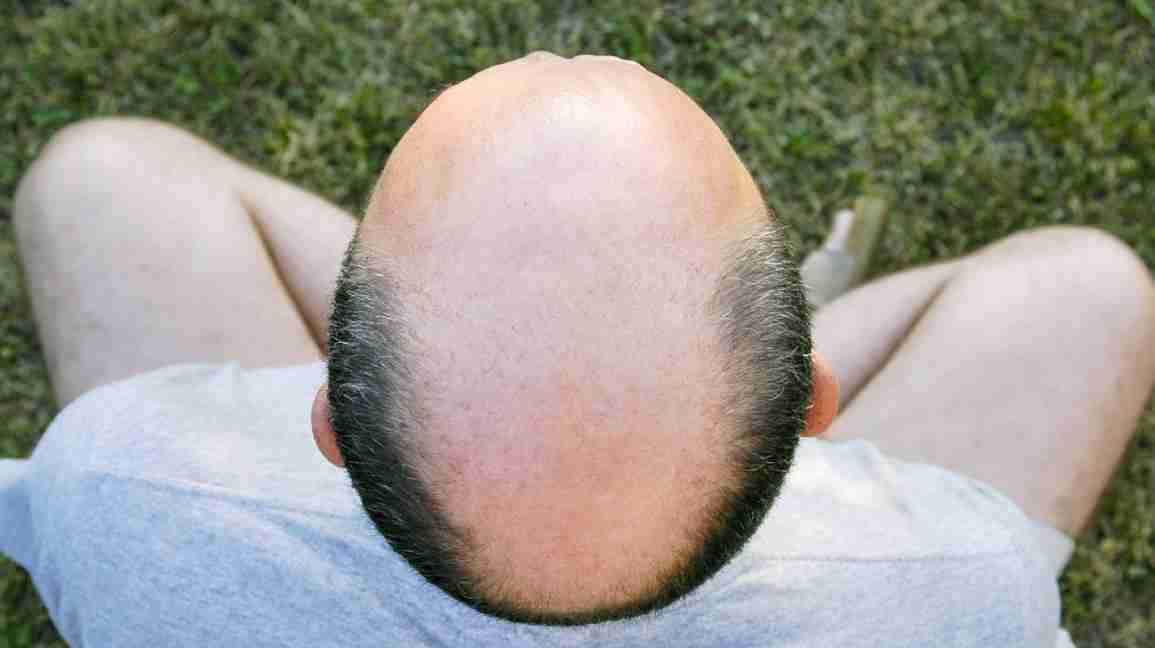In an effort to reverse or disguise hair loss, many men reach for over-the-counter hair loss treatments. One of the most popular, minoxidil (Rogaine), poses a variety of potential risks.
Rogaine has been available for several decades. The medication is available at pharmacies and drugstores nationwide. It’s also available as a prescription from your doctor.
Rogaine is a topical treatment intended to promote hair growth. It can also be used to slow hair loss.
However, Rogaine is not intended to stop balding or correct receding hairlines. When you stop using Rogaine, new hair growth will likely be lost within a few weeks or months.
Rogaine comes in two forms:
- a liquid you apply directly to your scalp
- a tablet you take by mouth
Follow your pharmacist or doctor’s instructions carefully.
Using more than prescribed will not yield better or faster results. Visible results may not appear for several months to more than a year.
Using Rogaine increases your risk for several side effects. These side effects include:
- scalp sensitivity
- skin dryness
- skin flaking
- irritation or burning sensation at and around the application site
- increased heart rate
Using Rogaine may also make your skin more sensitive to sunlight. Avoid direct sunlight and wear protective clothing, sunscreen, and sunglasses when outside.
To date, no scientific studies have made a connection between Rogaine and sexual dysfunction.
Men who take Rogaine and experience problems with libido, erection, or performance will often find another contributing factor that explains their symptoms.
One study published in 2014 found that Rogaine had an effect on the activity of androgen receptors, but the authors are very clear in stating that the effects are in the hair follicle only.
Currently, there’s still no confirmed evidence that Rogaine negatively affects the male libido, although research continues.
Newer treatments, such as finasteride (Proscar, Propecia), have also been introduced to the market.
Propecia was hailed as a less messy alternative to Rogaine. People who use that drug only have to take a pill once a day by mouth.
An early study involving men who used finasteride and complained of side effects found that sexual dysfunction was the most common, particularly libido and erectile dysfunction.
Other well-conducted research studies display side effects in much lower numbers of all users of finasteride. Those effects are usually reversible once the medication is stopped.
Those same men reported that their number of sexual encounters fell during and after use. Unfortunately, those side effects are long-lasting.
Men in the study experienced these unwanted side effects for an average of 40 months after stopping the medication.
If you’re interested in regrowing hair or slowing hair loss, speak with your doctor about your options. If you begin taking a medication for hair loss, remember to keep track of any side effects and complications.
Should you begin experiencing side effects, tell your doctor. Detail what you’re experiencing and how quickly the symptoms began after you started the medication.
Be sure to also tell your doctor about any other medications, supplements, and vitamins you’re taking. A combination of certain medications and chemicals can potentially cause problems.
Helping your doctor identify any possible complications will help to manage side effects before they become severe.
Lastly, if you begin having sexual performance problems or issues with dysfunction, see your doctor. The change in sexual performance may have nothing to do with your Rogaine use.
Working with your doctor will ensure you find a cause for your sexual problem and a lasting solution.
